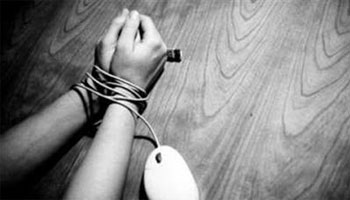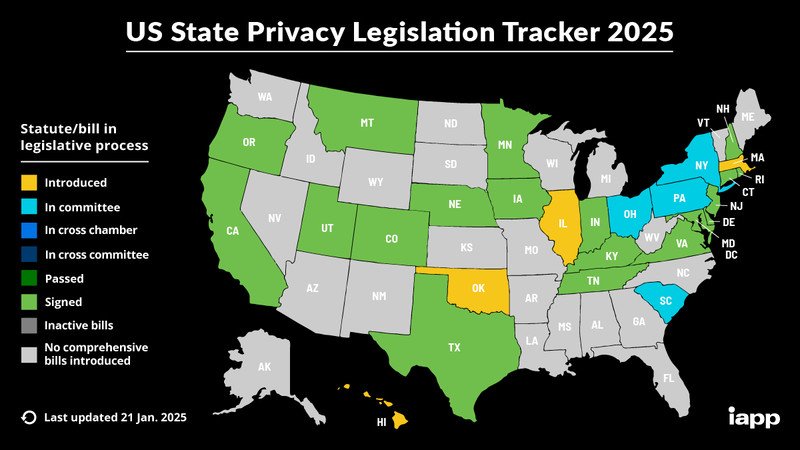This might seem like a strange question, but is your web developer holding you hostage?
Here’s a more troubling question: How would you know, either way???
So let me give you a little background, and within about 3 minutes, you’ll know the answer to both questions.
For you to have a website for your local business, you basically need three major pieces:
- The website itself — Your website is the content, whether text, graphics, video, or audio that makes up your website. It’s usually a result of the work that your web developer did for you.
- Website Hosting — All of that content needs to be on a computer somewhere, and that computer has to be connected to the Internet. That computer is called a “web server”…and someone (or some company) owns the web server.
- Domain Name — Separate from your website content, and separate from the computer, is the name of that website. Names are bought (actually, they are leased) from companies called “Registrars”. You typically buy your domain name for one or more years at a time.
Now…
There are three ways that someone can hold you and your website hostage. The first is if someone else actually owns your domain name. I’ve seen this many times — most recently with our local elementary school PTA. Some volunteer who was working on the site for the PTA actually bought the domain name in her own name.
So when the PTA itself wanted to make some important decisions about their website, they couldn’t do it…because the domain name itself was held captive by this “volunteer.”
Another way for your website to be held hostage is if your web developer (or someone else) is the only person who knows your login information for your hosting account. If you can’t log into your web host, you typically can’t update your website.
I once was asked to rebuild a site for a youth organization in support of the arts. The site’s former developer wouldn’t give the site’s owner the login information to their hosting company, and that prevented them from hiring me (or anyone else) from downloading their website so they could rebuild it elsewhere.
Months of time were lost while we waited for the client to treat the former developer with kid gloves so that he would eventually give them the old website content.
The third way your site can be held hostage is really a technological issue. It used to be that websites were built using HTML. Now, HTML is still the “language” of the Web, but you no longer need to know how to use HTML (or even how to spell it) in order to make a site.
What you need these days is something called a “content management system” (CMS) that allows you (as the site owner) or me (or any up-to-date web developer) to log in and add or change content.
You can add text, photos, drawings, audios and even videos in just minutes, which is something that used to either be impossible, or used to take hours or days to accomplish. These days, even YOU can update your own website.
So how can you avoid having your website held hostage by anybody? You need just three things.
- Make sure YOU own your own domain name and have the username and password for your account.
- Make sure YOU own your own hosting account and have the username and password for your account.
- Make sure YOUR SITE is built on a Content Management System (like WordPress). Your Wordpress CMS will have its own username and password, so make sure you have those, too.
But what do you do IF YOU ARE BEING HELD HOSTAGE? That’s easy.
Call me. I can help you get free from whatever’s limiting you.
To Your Success,
–Mark Widawer




